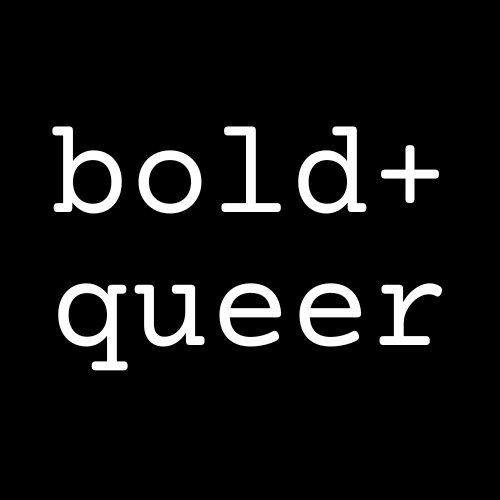5 Ways to Find Clues About Your LGBT Ancestors
If you are among the LGBT community, or an ally or accomplice, you might find yourself curious about your LGBT ancestors. Maybe you’re wondering why that one Aunt never married or that one cousin was a confirmed bachelor. Regardless of your reasons, finding clues about your LGBT ancestors can be challenging, as LGBT individuals and their relationships were often hidden or actively suppressed in many communities and historical periods. However, not all is lost and there are a few angles from which you can approach your research that can help you fill in the gaps and establish a clearer picture of your queer kin.
Check Family Records
Starting with your family records is the easiest way to begin looking for your LGBT ancestors. Begin with birth, marriage, and death certificates, as well as any family bibles, diaries, or letters that have been passed down. Look for any unusual or same-sex relationships that may be hinted at in these records.
Listen to Oral Histories
One of the greatest clues to finding your LGBT ancestors is to listen closely to the stories that have been passed down in your family.
Often “friend”, “best friend”, or “life-long friend” were mentioned as code for intimate partner.
For example, maybe your Grandma had a favorite Uncle who never married but worked his farm with his best friend John their whole lives. Or maybe your Great Aunt expressed having “no need for men” and lived with her male cousin for years while she ran her own business as a women’s Tailor.
Look for Inferred Same-Sex Relationships in Official Documents
Search for records that may indicate same-sex relationships between individuals, such as census records, wills, or property records. Look for individuals who lived together for extended periods of time, shared property or bank accounts, or were buried in close proximity to each other.
Census Records can help you discover an ancestor’s occupation. Occupations where one was encouraged or required to be unmarried, such as teachers and those of religious orders may provides clues to your ancestors sexuality. Additionally, single, female business owners had more rights and freedoms than married women.
Wills, obviously, indicate who an estate went to upon death. If items, land or money was left to a “friend”, this may indicate something more intimate.
Additionally, given the challenging laws faced by recent generations, we must consider also diving into arrest and prison records.
In some cases, friends and family were aware of their LGBT kin’s relationships, accepted them, and carried their love and acceptance for them forward beyond their death in loving ways. One way to assess this is if two people who were unrelated are buried near or next to each other, sometimes even under the same headstone.
Research Local LGBT History
Check local historical archives, newspapers, or libraries for information about LGBT history in your area or where your ancestors lived. This can give you a better understanding of the social context and cultural attitudes towards LGBT individuals during different historical periods.
Join Online Genealogy or LGBT Groups
Joining online genealogy and LGBT groups to connect with others who may have experience or tips for researching LGBT ancestors can be incredibly insightful. These groups can provide resources, support, and guidance on unique places to look for records and how to interpret them.
In the End…
It's important to approach the search for this information with sensitivity and respect for your ancestors' privacy. Depending on the time, politics, and culture of an area, the cycles of history have not always been kind to the LGBTQ+ community, and many of our kin experienced horrific treatment and/or lived in constant for their safety. And yet, with strength and resilience, they found ways to live and love, fully and beautifully.
While we live in a time when great forward movement has been made and some of us can openly exist without the same fears as our ancestors, we still have so much work to do. I believe that while we can honor our queer ancestors by living our best lives now, we must also be mindful to temper our journey by being mindful of the painful work it took for them to lay the stones we walk upon today.
We have always existed and always will. Now we have the opportunity to honor and acknowledge our LGBT ancestors in a whole new way, leaving a legacy of love and understanding for future generations.
What a cool time to be alive and researching our family history and LGBT ancestors, no?
Onward,
Melis

